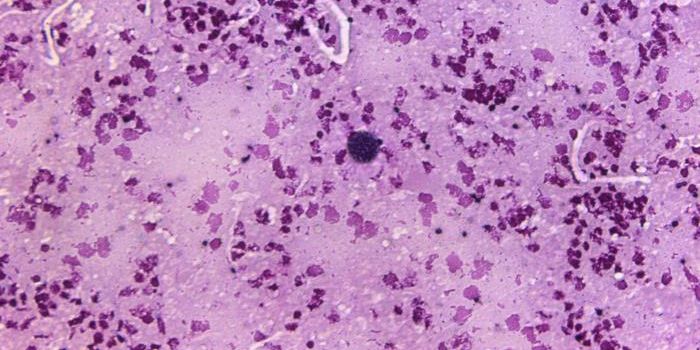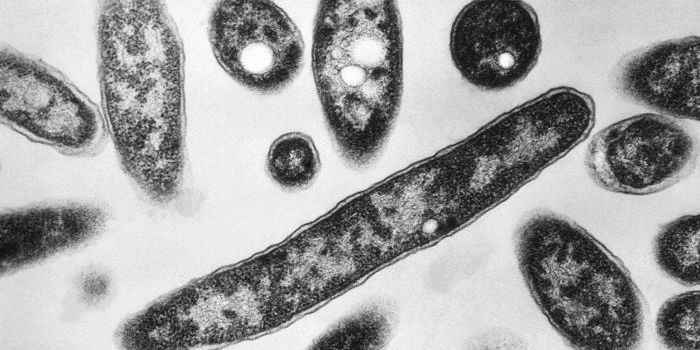Ticks Can Weaken the Immune Response in Human Skin
Lyme disease occurs when a blacklegged tick that is infected with Borrelia burgdorferi (or sometimes, Borrelia mayonii) bacteria bites a human, and the incidence has been increasing throughout the world. The disease can be difficult to diagnose, and may cause fatigue, headache, fever, or a rash. Untreated infections can lead to health complications including joint pain, or heart and nervous system damage. Diagnosis of Lyme disease has been increasing in both the United States and Europe. While about 30,000 cases are diagnosed in the US every year, the Centers for Disease Control and Prevention has said that the disease is likely underdiagnosed, and estimated that the number of new cases could actually be over 450,000 a year. Over 375,000 cases are now diagnosed in Europe annually. Researchers also expect that the threat posed by ticks could get worse as the climate changes and ticks are able to spread into more areas.
Scientists have now found that ticks have an advantage as disease vectors; they can inhibit the defense mechanisms used in human skin, which can increase the likelihood of contracting a tick-borne disease, including Lyme disease or tick-borne encephalitis (TBE). The findings have been reported in the Journal of Clinical Investigation.
In this study, the researchers mimicked the bites of common European ticks on models of human skin as well as human volunteers. This showed that the function of immune cells that reside in skin tissue, especially T cells, were disrupted when they were exposed to tick saliva. This immunomodulatory effect happened quickly, whether volunteers or skin models were tested.
The scientists also assessed a model of Borrelia burgdorferi infection. This indicated that if B. burgdorferi that transmit Lyme disease were incubated with extracts isolated from tick salivary glands, it interfered with the buildup of immune cells in the skin, and increased the pathogen's impact.
"Overall, we found that tick feeding causes profound changes in the skin's immune system inhibiting the local immune response. This means that dangerous pathogens that are introduced into the skin together with tick saliva, can multiply more easily, leading to infection," explained first study author Johanna Strobl of the Medical University of Vienna.
Sources: Medical University of Vienna, Journal of Clinical Investigation









